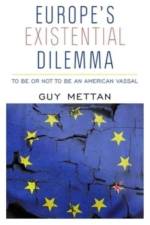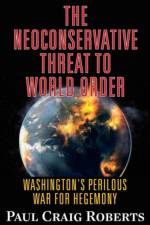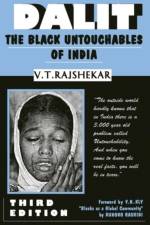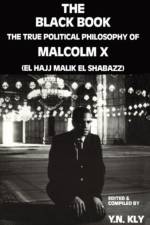- To Be or Not to Be an American Vassal
av Guy Mettan
379
While Europe as a whole remains a first world economic power despite Brexit, it has been unable to build a truly democratic and efficient state or carry weight as a respected power on the international scene. Its splendid intellectual and artistic icons of the past two centuries are dimming in memory, leaving it no longer a radiant cultural Mecca for the world. Starting with Brexit in 2016, the European Union is now exposed to an array of dismantling forces, including the possibility of further exits, the organized opposition of populist parties, and popular uprisings like those of the Yellow Jackets in France. Mettan outlines the long history of attempts to unify the European continent, stretching from Charlemagne to Napoleon, Hitler and Stalin, predecessors to the current iteration. He specifies the routes they took, which were most promising and durable, and why they all collapsed. Strikingly, he compares Rome's early adulation and mimicry of ancient Greece, followed by its steady encroachment and final absorption of it, to the current trajectory of relations between Europe and the United States, noting the increasing penetration of American culture and exer-extending application of its laws. The European Union has allowed the United States to tell Europeans how they are to progress, with whom they are to collaborate, and against whom they should go to war. The problems confronting contemporary Europe are then examined in greater depth--its democratic "deficit"; the stifling primacy of economics and law over politics; the sprawling expansion of an ever unsatisfactory governing institutions; its inability to secure peace within its territory; and far from least, on the ongoing encroachment on its sovereignty by the United States. Europe faces two possible futures, Mettan concludes. It can choose to lapse into insignificance, subservient to ever increasing US demands and ascendancy, unable to address its unique concerns in defense or energy policy while being denied potential economic benefits from a rising China and forced into ever deeper and dangerous confrontation with Russia. Or Europeans, fully conscious of what is at stake, can face up to Europe's problems and create an institutional framework that will enable it to stave off its inevitable decline into vassalization--seizing the opportunity of the new space opened by the emerging Chinese power to create a truly democratic and sovereign federal union. Switzerland provides a model for that.





